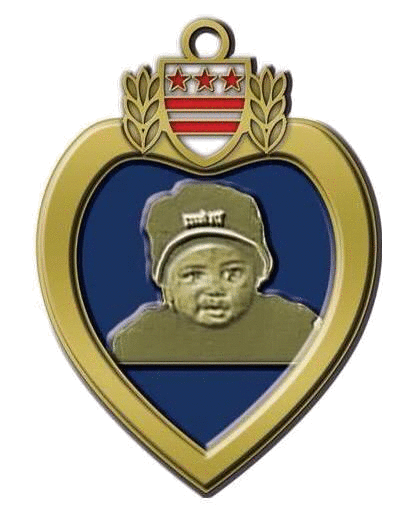Juan’s Law: The Fight for Truth in Daycare – Protecting Our Children, One Disclosure at a Time
- kmdaus
- Feb 22, 2025
- 3 min read

In 2001, a tragic incident occurred that would forever alter the landscape of childcare safety in Georgia. Fourteen-month-old Anthony DeJuan "Juan" Boatwright suffered a devastating accident at a licensed daycare center when he fell headfirst into an unattended bucket of water and bleach, leading to irreversible brain damage. This heart-wrenching event not only shattered his family's world but also unveiled a critical gap in the state's childcare regulations: Georgia did not mandate daycare centers to carry liability insurance or even inform parents about their insurance status.
In the aftermath, Juan's mother, Jackie Boatwright, transformed her profound grief into a relentless pursuit of justice and reform. Recognizing that no other family should endure such a preventable tragedy, she embarked on a mission to advocate for greater transparency and accountability within the childcare industry. Her unwavering dedication culminated in the enactment of "Juan's Law" in Georgia on July 1, 2004, signed by Governor Sonny Perdue. This landmark legislation requires childcare centers to disclose their liability insurance status to parents, ensuring that families are informed about the protections in place for their children.
Jackie's advocacy did not stop at state lines. She extended her efforts to Virginia, where her testimony before the General Assembly led to the passage of a similar version of "Juan's Law" on March 1, 2006, under Governor Tim Kaine. Her influence even reached the federal level, inspiring the introduction of the Anthony DeJuan Boatwright Act in the U.S. House of Representatives in 2009. Although the act passed in the House, it unfortunately stalled in the Senate, leaving a significant portion of the nation's childcare facilities without mandated insurance disclosure.
Despite these legislative victories, a concerning reality persists: many states, including Georgia, still do not require daycare centers to carry liability insurance. While "Juan's Law" mandates that centers inform parents if they lack insurance, the onus remains on parents to inquire and make informed decisions. This situation raises a critical question: Shouldn't the protection of our children be a fundamental responsibility, rather than a discretionary choice left to individual daycare operators?
The absence of mandatory liability insurance not only jeopardizes the safety and well-being of children but also places families at significant financial and emotional risk. In the event of negligence leading to injury, the lack of insurance can leave families without recourse for compensation, compounding their suffering. This gap in protection underscores the urgent need for comprehensive "Truth in Daycare" laws that require all childcare providers to both carry liability insurance and transparently disclose their coverage status to parents.
As we reflect on Juan's story and Jackie's tireless advocacy, it becomes evident that safeguarding our children necessitates more than just awareness—it demands action. Parents must be empowered with the right to know about the insurance protections in place at the facilities they entrust with their children's care. Simultaneously, legislative bodies must prioritize the implementation of robust policies that enforce these standards across all states.
The mission of the Anthony DeJuan Boatwright Foundation is rooted in this very principle. By championing for higher standards in childcare services and advocating for mandatory insurance disclosures, the foundation strives to prevent tragedies like Juan's from recurring. Their work serves as a poignant reminder that while progress has been made, the journey toward ensuring the safety and well-being of all children in daycare facilities continues.
In honor of Juan's legacy, let us collectively advocate for "Truth in Daycare" and work towards a future where transparency, accountability, and the protection of our most vulnerable are paramount in every childcare setting.




Comments